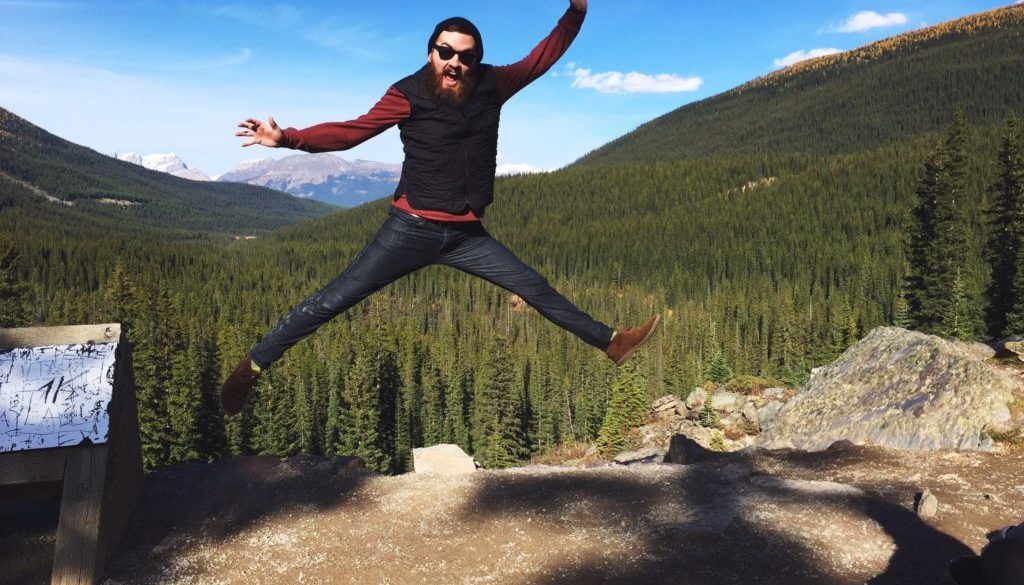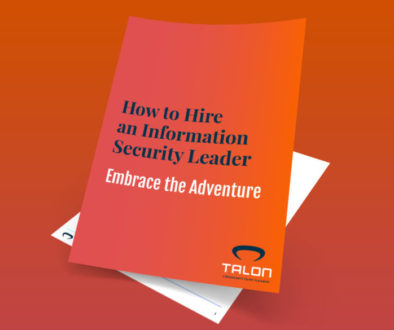THE INTERVIEW PART 1: So You’re Telling Me There’s A Chance!
This is the first in a five part series about the job interview where I will cover different topics from both the candidate and the company perspective. I was reviewing some articles as prep for this series and I realized that anybody who has ever been connected to an HR function in the history of the planet has written an article about the job interview. I feel a little left out. So, first, as a headhunter, here’s my candidate interview cheat sheet, in timeline order.
BEFORE THE INTERVIEW:
- Know who will interview you. Be sure to ask so you can study that person/people. Look for the connections. Also, specifically ask about the dress code. If you look like an outsider, you will be.
- Study the company! Read the company website, news releases, and LinkedIn articles. Also, I love Google Alerts – www.google.com/alerts – type in the company and your email address and you will get all the latest updates.
- Do not panic yourself getting to the interview. Arrive at your parking spot early, but DO NOT show up to the office early. Bring change as a meter might be your only option to park. Allow yourself time to collect your thoughts and walk into the interview location on time. Showing up 10 minutes early is just annoying and sprinting in 3 minutes late, sweating and mumbling about traffic is a non-starter.
DURING THE INTERVIEW
Now that you are in the room, let’s talk strategy. Some qualified candidates are nervous and some squeakers that snuck into the process are really good on their feet. I quit telling my candidates how to act. Everyone is unique. Everyone has good days and bad days for 1,000 different reasons. Be yourself, but be prepared. Here are a few tips.
- Smile and look the interviewer in the eye. Body language is huge. Lean forward and engage.
- There is a 99% chance that the interviewer is going to look at you and say this, “So, tell me a little about yourself.” This is one of your only controllables in the interview. Crush this question by pre-crafting your “Statement”. The key is three basic paragraphs – here’s where I came from, here’s how that led me to what I’ve been doing which is ____, and this is why I’m here. Boom.
- Try to mimic the interviewer’s demeanor to some degree. If he/she is sanguine, don’t bounce off the walls. If he/she is upbeat, take it up a notch.
- Do your best to make the interview a two way street. Ask questions, don’t talk the whole time. Everybody’s favorite topic is themselves. You’re probably killing it if, toward the end of the interview, it feels like a conversation.
- Be prepared with PAR anecdotes. In responses to questions about your work experience, you want the interviewer to know, 1. the Problem, 2. your Action, and 3. the Result. (This is a great tip from the great Jon Youshaei who contributes to Forbes, among others).
- You started the interview by killing your “Statement.” Nice work. Now we’re going to sprint through the finish line. DO NOT CHICKEN OUT ON THIS CRITICAL QUESTION. Show ‘em who’s boss, look that interviewer right in the eye and say, “Have I done or said anything in this interview that gives you reason to doubt that I am a fit for this role?” Mike drop. This question accomplishes two things, 1. It’s bold and earns respect, and, 2. It gives you the opportunity to clarify because people often hear or take things incorrectly.
AFTER THE INTERVIEW
- Write a thank you note, and yes, email is fine.
- Try to forget about the interview. Minimize the “could’ve, should’ve” replay over and over in your mind. Follow up appropriately, but don’t torture yourself. If you did your best, then trust that it will work out like it should.
If you’re prepping for an interview, go online and read a few more articles. There are hundreds and it’s hard to find one offering bad advice. Good luck and go get ‘em!




